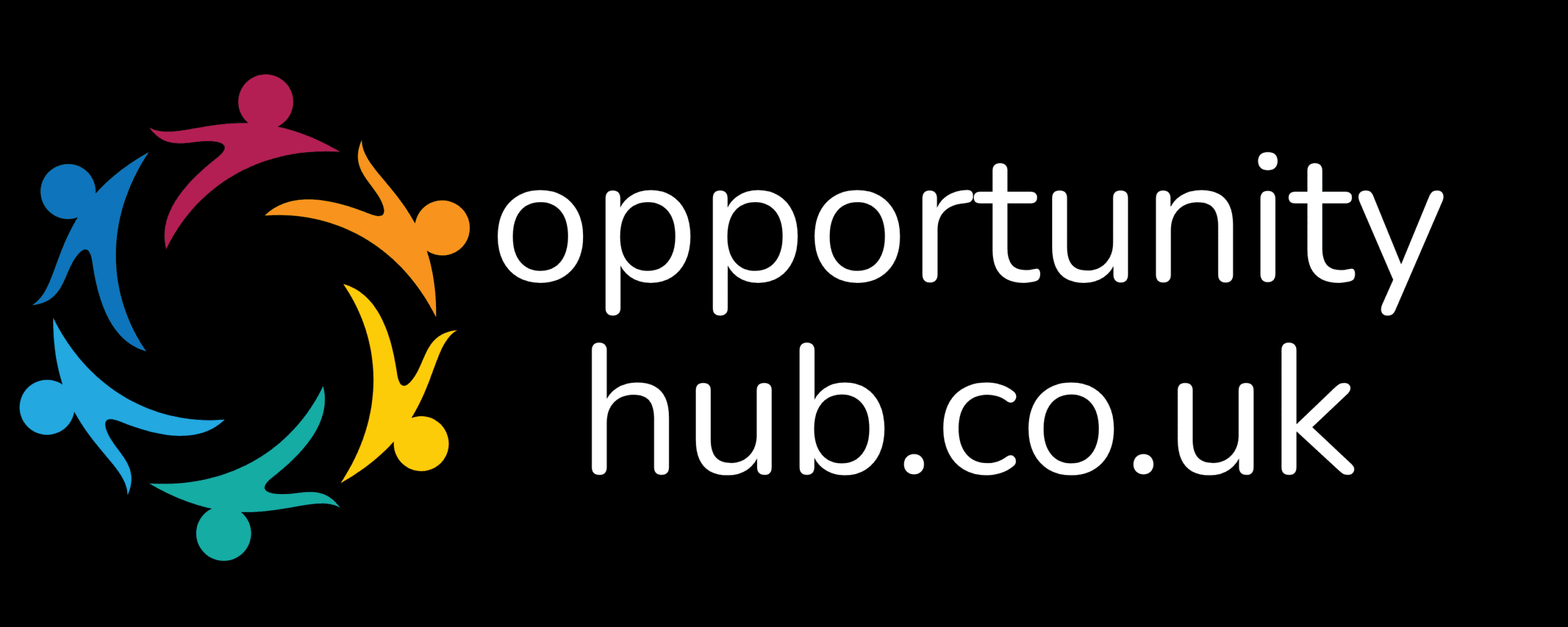Germany, with its robust economy, world-class industries, and thriving job market, has become an attractive destination for professionals across the globe. Nigerians, in particular, are increasingly eyeing opportunities in this European powerhouse. Whether it’s the promise of better career prospects, higher salaries, or the experience of living in one of Europe’s most culturally rich countries, the appeal is clear.
However, for many Nigerians, the path to landing a job and securing a work visa in Germany can feel overwhelming. You may wonder, “How can I find a job in Germany? What are the visa requirements? And how do I navigate the German job market as a Nigerian professional?” If these are questions you’re asking yourself, you’re not alone. This guide will explore everything you need to know to work in Germany as a Nigerian, from job hunting to visa applications and life in Germany.
Why Choose Germany for Work?
Germany is home to the largest economy in Europe and the fourth-largest in the world, making it an attractive option for professionals looking to advance their careers. But what makes Germany particularly appealing to Nigerian professionals?
1. Strong Economy and High Demand for Skilled Workers
Germany’s economy is thriving, particularly in industries such as automotive engineering, information technology, healthcare, finance, and research and development. The country is consistently looking to fill positions in various sectors that require high-level skills, and Nigeria is a significant contributor to the international talent pool. This means that if you have specialized expertise in these fields, you may find that Germany has multiple job opportunities that align with your career ambitions.
2. Attractive Salaries and Benefits
For Nigerian professionals, one of the biggest draws to Germany is the potential for higher salaries and a higher standard of living. With average salaries in Germany being considerably higher than those in Nigeria, many professionals choose to migrate in search of more financial stability and career growth.
In addition to salaries, employees in Germany enjoy substantial benefits such as:
- Health insurance (which is mandatory in Germany)
- Paid vacation time (usually a minimum of 24 days per year)
- Parental leave and support for families
3. Cultural and Professional Integration
Germany’s diverse culture and professional environment make it a great place for international workers to settle. The country boasts a high level of work-life balance and values employee well-being. Moreover, many Germans speak English, particularly in larger cities and multinational companies, making it easier for foreigners to integrate into the professional world.
Moreover, Germany offers a strong Nigerian community, especially in cities like Berlin and Hamburg, which makes cultural integration more seamless.
Researching Job Opportunities in Germany
The first step in your journey to working in Germany is finding a job. Fortunately, Germany offers a wide array of job portals and recruitment agencies that help connect professionals with employers across various sectors.
Top Job Search Platforms for Nigeria-to-Germany Job Seekers:
1. Indeed Germany: This is one of the most popular platforms for job seekers worldwide. You can filter your search by location, job title, salary, and industry. Many employers in Germany post job openings here.
2. LinkedIn: LinkedIn is widely used in Germany, and many companies post job openings on the platform. Connecting with professionals and recruiters on LinkedIn can also help you access opportunities that are not publicly advertised.
3. Glassdoor: Glassdoor is a fantastic platform to not only find job opportunities but also research company reviews, salaries, and interview experiences in Germany.
4. Monster Germany: Another leading job search platform, Monster, offers a variety of resources, from job listings to career advice.
5. StepStone: StepStone is one of Germany’s largest online job portals and offers listings for various industries, including IT, engineering, and healthcare.
6. Local Recruitment Agencies: Many recruitment agencies in Germany specialize in hiring international talent, such as Adecco, Hays, and Randstad. They are experts at matching foreign professionals with top German employers.
Key Industries Hiring International Talent
- Information Technology (IT): Germany is a major hub for tech companies, and there’s always a demand for software developers, data scientists, IT consultants, and systems architects.
- Engineering: Mechanical, electrical, and civil engineers are highly sought after. Germany is home to some of the world’s biggest engineering companies like BMW, Mercedes-Benz, Siemens, and Bosch.
- Healthcare: With an aging population, there’s a huge demand for healthcare professionals, including doctors, nurses, and caregivers.
- Education and Research: If you have a background in academia, Germany is known for its world-class universities and research institutions. Professors, researchers, and lecturers are in demand.
- Finance and Business: Finance professionals, especially accountants, financial analysts, and business consultants, are frequently needed in Germany’s thriving financial sector.
Understanding Work Visas for Nigeria to Germany
The next crucial step is understanding the visa process. To work in Germany, you will need a German work visa. The type of visa depends on your qualifications, job offer, and the sector in which you work.
Key Work Visa Options for Nigerians:
- 1. EU Blue Card: The EU Blue Card is a popular visa for highly skilled workers in Germany. It is specifically designed for professionals who have a university degree or equivalent and a job offer in Germany that meets specific salary requirements.
- Salary Requirement: Generally, your annual gross salary must be at least €56,800 (in 2023). However, for jobs in fields like science, mathematics, engineering, and IT, the threshold is lower (€44,304).
- Eligibility: You must have a recognized higher education qualification and a job offer that requires those qualifications.
- 2. Skilled Worker Visa: This is for professionals who do not necessarily qualify for the Blue Card but still have the skills and qualifications required for specific roles in Germany. Similar to the Blue Card, you must have a job offer from a German employer, and the job should match your skills.
- 3. Job Seeker Visa: If you don’t have a job offer but want to search for work in Germany, the Job Seeker Visa might be a good option. This visa allows you to stay in Germany for up to six months while you look for a job. If you find employment within that period, you can apply for a work visa.
- 4. German Language Requirements: While many Germans speak English, having a basic understanding of German can significantly improve your chances of securing a job and integrating into the workplace culture. Most employers will expect you to at least know basic German if your job involves interacting with customers or clients.
How to Apply for a Work Visa:
Step 1: Obtain a job offer from a German employer who is willing to sponsor your work visa.
Step 2: Gather the required documents, which typically include your job offer, proof of qualifications, proof of work experience, passport, and a completed visa application.
Step 3: Submit your application to the German Embassy or Consulate in Nigeria. The processing time can take several weeks, so plan accordingly.
Some visa applications, especially for specialized skills, can be time-sensitive, so be sure to apply as soon as you get your job offer!
Tailoring Your CV for the German Job Market
Tailoring your CV for the German job market is essential. German employers value concise, clear CVs that focus on qualifications and relevant experience. Here’s how to optimize your CV for Germany:
CV Format: The German CV typically includes sections like personal details, a professional photo (optional), education, professional experience, skills, and language proficiency.
Language: While you can write your CV in English, it’s better to submit it in German if possible, especially if the job requires German language proficiency.
Professional Experience: List your experience in reverse chronological order, and provide specific achievements and measurable results.
Settling in Germany
Once you’ve secured your job and visa, it’s time to settle into life in Germany. Here’s what you need to know:
- Accommodation: Finding a place to live can be competitive, especially in big cities like Berlin, Munich, or Frankfurt. Websites like WG-Gesucht and Immobilienscout24 are great resources for finding apartments.
- Social Integration: Germany’s culture is unique, and although it’s an international country, speaking German and embracing the culture will make your transition smoother.
- Cost of Living: Germany offers a relatively high standard of living, but the cost of living varies by city. Generally, the larger the city, the higher the rent and living costs.
Your Next Steps to Working in Germany
Working in Germany as a Nigerian professional can offer significant career growth, financial stability, and cultural experiences. Whether you’re in tech, healthcare, engineering, or another high-demand sector, Germany is a land of opportunity for skilled professionals.
The demand for skilled professionals is high, and there are limited openings in specific industries. Apply now, discover the opportunities available to you, and start your journey toward a rewarding career in Germany today!
If you need assistance navigating the job search or visa application process, don’t hesitate to contact us for more guidance. We’re here to help you make your dream of working in Germany.


No responses yet